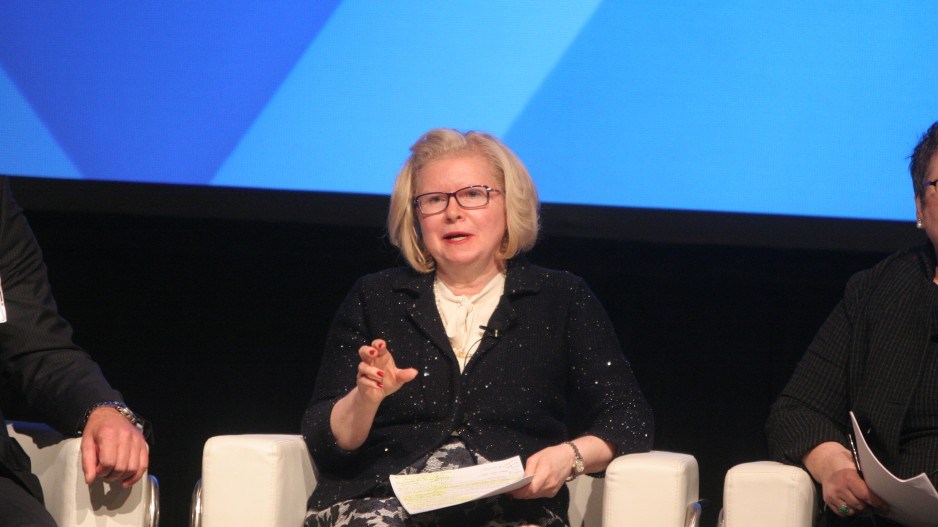It could take half a decade before venture capital markets for B.C.'s junior mining companies return to boom times.
Addressing some of the challenges in the current market cycle for the sector was the key issue discussed at this year's Capital Ideas conference organized by the BC Securities Commission (BCSC).
Canada's mining exploration and development sector has continued to face a perfect storm of issues that have made it increasingly difficult to raise capital for exploration and development.
Thus far in 2013, financing for mining companies listed on the TSX Venture Exchange has fallen more than 50% to only $1 billion from the $2.1 billion raised in 2012's first nine months. But that's well off the peak amount of financing of nearly $6 billion in 2011 and only a third of the amount raised in 2008 during the global financial crisis.
A depressed global economic outlook, continued freefall in overall metals and mineral prices and escalating operational costs have turned off skittish investors spooked by market volatility and risk.
Patricia Mohr, vice-president at Scotiabank and the bank's economics and commodity market specialist, said improved corporate and investor confidence in the global economy will be fundamental to any improvement in commodity prices. Much of that will depend on growth in China given that it accounts for 46% of global demand for copper, zinc, nickel and aluminum. The U.S. accounts for only 10% of market demand.
But the industry will also have to absorb the new supply of several commodities, including copper, that have affected metal prices, on top of depressed global economic sentiment. While Scotiabank's overall commodity index has risen so far this year, the metals and mining component has continued to fall as of September.
"We need to see an improvement in actual prices for metals and minerals," said Mohr. "While we seem to be approaching the bottom, I think it will be a few years before you see metals and minerals really start to hugely ratchet up again. We're still very optimistic that the bull run will return, but it will be a second-half-of-the-decade story."
She also noted that improved investor trust in the ability of senior producers to develop new mines "on time and on budget" will be instrumental in bolstering the investment prospects of exploration companies.
While major producers have improved their social licence to operate and their sustainability initiatives, junior exploration companies have also followed suit. But that initiative has come at a cost.
"The business has changed," said Bruce McLeod, president and CEO at Mercator Minerals (TSX:ML). "Ten years ago, a CEO could be a geologist and that was his expertise; he understood how to source and find promising exploration properties; how to execute drill programs. Today, a CEO has to be so much more, and that's part of the cost of being a public company."
The requirements for exploration companies to follow corporate social responsibility standards, gain a social licence to operate and close impact-benefit agreements with affected communities have increased costs by between 30% and 50% of a basic drill program.
"By the time you get your permits, what used to be a $500,000 meaningful drill program, you have just spent $500,000 and you haven't drilled a hole," said McLeod.
Those added corporate costs in an investor market that has effectively shunned the junior mining sector threatens the existence of hundreds of companies.
According to one study last year, at least 500 companies were at risk of dropping out of the market because of a lack of capital to continue operations.
According to one analysis, about half of the companies on the TSX Venture Exchange have less than $200,000 in cash, often considered the bare minimum required to survive as a public company.
But TSX Venture president John McCoach noted the number of companies that have delisted or otherwise "disappeared" from the market has not risen as much as some suggest.
"I don't want to suggest for a minute that companies aren't struggling. We know they are," said McCoach. "But they are not disappearing, and I don't think there will be near the number disappearing that we've heard."




